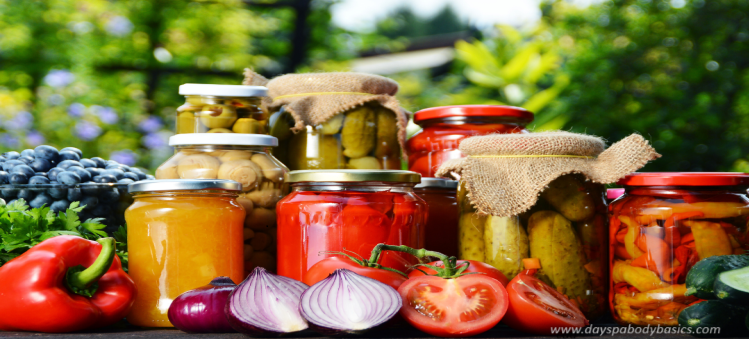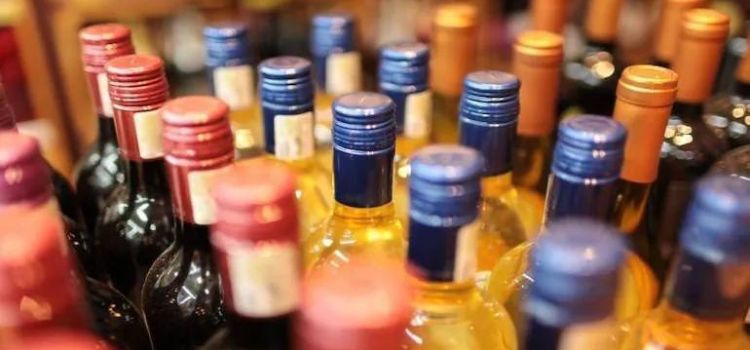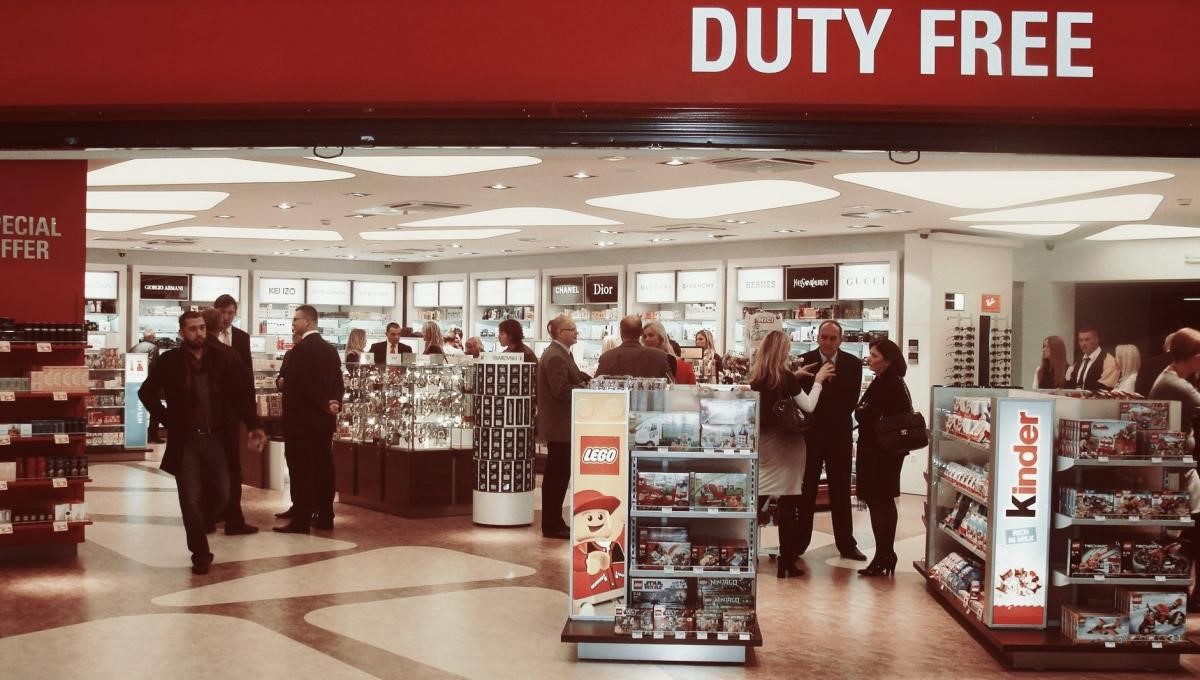
Hard Seltzer Market by Type (Alcoholic Seltzer and Non-Alcoholic Seltzer), by ABV Content (1-4%, 5-7%, and Above 7%), by Packaging (Metal Cans, Glass Bottles, and Plastic Bottles) and by Distribution Channel (Supermarkets and Hypermarkets, Online Stores, and Others) - Global Opportunity Analysis and Industry Forecast 2024-2030.
Hard Seltzer Market Overview
The global Hard Seltzer Market was valued at USD 16.42 billion in 2023 and is predicted to reach USD 52.06 billion by 2030 with a CAGR of 18.0% from 2024-2030.
The hard seltzer market refers to the production and distribution of alcoholic beverages that combine sparkling water, alcohol, and flavourings with low calories and carbohydrates. The seltzers gained significant traction among health-conscious consumers and those seeking lighter, refreshing alternatives to traditional alcoholic drinks such as beer and wine.
The primary advantage of the spiked seltzer possesses the ability to cater the growing demand for healthier beverage options without compromising on flavour or social experience. They offer a variety of flavours with lower alcohol content, appealing to a broad audience, including younger consumers and those looking for moderation in their drinking habits.
This rapid growth of the market reflects the shift of consumer preferences towards wellness and innovation, making it a dynamic and competitive segment within the broader beverage industry.
Market Dynamics and Trends
The growing health awareness against alcohol consumption as consumers become conscious of the health risks associated with traditional alcoholic beverages drives the need for alternatives that aligns with healthier lifestyles, thereby driving the growth of the market.
Hard seltzers, with their lower alcohol content, reduced sugar, and less calories, presents an appealing option for consumers that are looking to moderate their alcohol intake without sacrificing social enjoyment.
According to the latest report published by the World Health Organization (WHO), around 2.6 million deaths per year are attributed to alcohol consumption that accounts for about 4.7% of the total deaths. Thus, the growing awareness reflects the rising demand for spiked seltzers as a healthier and socially-conscious choice that in turn propels the market's expansion globally.
Moreover, the rising disposable income shifts consumers preference towards more premium beverages including hard seltzers, that in turn accelerates the growth of the market. These seltzers provide a healthier, low-calorie, and refreshing alcoholic beverages that are appealing to health-conscious consumers. According to a latest report published by the Bureau of Economic Analysis (BEA), in the U.S., disposable personal income (DPI) increased by 0.2% to USD 7.7 billion in June 2024.
Also, as per Ministry of Statistics & Programme Implementation, India as of February 2024, the gross national disposable income (GNDI) at current prices for the year 2022-23 was estimated to be around USD 3.29 trillion that was up from USD 2.89 trillion in the year 2021-22 representing a growth of 14.5% increase from the previous year. Consequently, the surge in the disposable incomes along with consumers opting for premium and health-oriented beverage options is further fuelling the hard seltzer market growth.
However, the presence of sugar in hard seltzers raises health concerns such as diabetes and obesity among consumers, that consequently restrains the growth of the market. On the other hand, the increasing flavor innovations, including exotic ingredient combinations and herbal infusions, is expected to drive market growth by meeting consumers' increasing the hard seltzer market demand for variety in their beverage choices. Therefore, these advancements in flavor innovation will attract a broader consumer base, fueling sustained growth for hard seltzers in the global beverage market.
Market Segmentations and Scope of the Study
The hard seltzer market report is segmented by type, ABV content, packaging, distribution channel, and region. On the basis of type, the market is divided into alcoholic seltzer and non-alcoholic seltzer. On the basis of ABV content, the market is categorized into below 1-4%, 5-7%, and above 7%. On the basis of packaging, the market is segmented into metal cans, glass bottles, and plastic bottles. On the basis of distribution channel, the market is classified into supermarkets and hypermarkets, online stores, and others. Regional breakdown and analysis of each of the aforesaid segments includes regions comprising of North America, Europe, Asia-Pacific, and RoW.
Geographical Analysis
North America dominates the hard seltzer market share and is expected to continue its dominance throughout the forecast period. This is attributed to the rising awareness of health and wellness among consumers is driving the demand for alcoholic beverages that are lower in calories, carbohydrates, and sugars.
Spiked seltzers are gaining popularity as a healthier alternative to traditional alcoholic drinks, attracting those who prioritize their calorie intake. For instance, in January 2022, the Coca-Cola Company introduced Topo Chico Ranch Water Hard Seltzer in nine U.S. states, inspired by a popular Texas cocktail.
Thus, with 4.7% alcohol by volume and only 100 calories per can, this product aims to tap into the growing demand for health-conscious beverage options in the region, further fueling the growth of the market in North America.
Moreover, the presence of key market players such as White Claw, Anheuser-Busch InBev, and Boston Beer Company through their continuous product innovation, extensive distribution network, robust marketing strategies, and others, fuels the growth of the market.
For instance, in December 2023, White Claw launched an electrolyte-enhanced, alcohol-free seltzer, marking its entry into the non-alcoholic beverage segment. This new product is designed to appeal to health-conscious consumers who enjoy the seltzer experience without alcohol.
Thus, such launches demonstrate the brand's effort to diversify its offerings, contributing to the evolving market by addressing the growing demand for healthier alternatives, further boosting the market's growth.
On the other hand, Asia-Pacific region is expected to show a steady rise in the market growth owing to the rising disposable income in countries such as China, India, and Japan that increases consumers to seek premium and innovative beverages, thereby driving the growth of the market. This surge in spending power enables consumers to explore and purchase these sophisticated beverages that offers a combination of unique flavors, lower calorie content, and an overall healthier image.
According to a latest report published by the International Monetary Fund (IMF), the disposable income of Asia Pacific region grew by around 4.6% in 2023 and is expected to grow by 4.2 percent in 2024, that puts it on track to contribute to about two-thirds of global growth this year. Therefore, this upward trend in disposable income with growing health awareness and preference for premium products, significantly accelerates the demand for spiked seltzers across the Asia-Pacific region, consequently boosting the growth of the market.
Moreover, the booming tourism industry in the region brings influx of international visitors with diverse preferences and consumption patterns drives the growth of the market. This growing demand leads companies to introduce and expand their spiked seltzer offerings in the region, catering to both local consumers and tourists that are seeking for new and refreshing beverage options.
For instance, in January 2022, Barbrew Beverages a Goa based start-up, recently launched Barneys hard seltzer offers a refreshing, low-calorie alcoholic beverage that caters to health-conscious consumers. Infused with unique Indian flavors such as apple, jasmine, and lemongrass, this zero-sugar drink contains only 92 calories and has a low alcohol content of 6% ABV. Thus, this strategic expansion and innovation by various companies to meet the growing tourism sector fuels the market growth in the region.
Competitive Landscape
Various key market players operating in the hard seltzer industry include White Claw, Truly Hard Seltzer, Topo Chico Hard Seltzer, Bud Light Seltzer, Vizzy, Pabst Blue Ribbon (PBR), High Noon (E. & J. Gallo Winery), Corona Seltzer, Smirnoff Seltzer (Diageo), Bon & Viv, and others. These companies are opting various strategies including product launch to maintain their dominance in the industry.
For example, in December 2023, White Claw launched a new beverage that mimics the taste and feel of an alcoholic drink without containing any alcohol. The product, "White Claw 0% Alcohol," aims to redefine the drinking experience for adults seeking alternatives to traditional alcoholic beverages.
Furthermore, in March 2023, High Noon launched the new tequila-based hard seltzers. This drink includes four flavors such as Lime, Grapefruit, Passionfruit, and Strawberry for consumers that prefer tequila over vodka. Thus, the launch reflects the increasing demand for diverse alcoholic beverages, thereby boosting the growth of the market by catering to a wider range of taste preferences.
Key Benefits
-
The report provides quantitative analysis and estimations of the hard seltzer market from 2024 to 2030, which assists in identifying the prevailing market opportunities.
-
The study comprises a deep-dive analysis of the current and future hard seltzer market trends to depict prevalent investment pockets in the industry.
-
Information related to key drivers, restraints, and opportunities and their impact on the hard seltzer market is provided in the report.
-
Competitive analysis of the players, along with their market share is provided in the report.
-
SWOT analysis and Porters Five Forces model is elaborated in the study.
-
Value chain analysis in the market study provides a clear picture of roles of stakeholders.
Hard Seltzer Market Key Segments
By Type
-
Alcoholic Seltzer
-
Non-Alcoholic Seltzer
By ABV Content
-
1-4%
-
5-7%
-
Above 7%
By Packaging
-
Metal Cans
-
Glass Bottles
-
Plastic Bottles
By Distribution Channel
-
Supermarkets and Hypermarkets
-
Online Stores
-
Others
By Region
-
North America
-
The U.S.
-
Canada
-
Mexico
-
-
Europe
-
The UK
-
Germany
-
France
-
Italy
-
Spain
-
Denmark
-
Netherlands
-
Finland
-
Sweden
-
Norway
-
Russia
-
Rest of Europe
-
-
Asia-Pacific
-
China
-
Japan
-
India
-
South Korea
-
Australia
-
Indonesia
-
Singapore
-
Taiwan
-
Thailand
-
Rest of Asia-Pacific
-
-
RoW
-
Latin America
-
Middle East
-
Africa
-
Key Players
-
White Claw
-
Truly Hard Seltzer
-
Topo Chico Hard Seltzer
-
Bud Light Seltzer
-
Vizzy
-
Pabst Blue Ribbon (PBR)
-
High Noon (E. & J. Gallo Winery)
-
Corona Seltzer
-
Smirnoff Seltzer (Diageo)
-
Bon & Viv
REPORT SCOPE AND SEGMENTATION:
|
Parameters |
Details |
|
Market Size in 2023 |
USD 16.42 Billion |
|
Revenue Forecast in 2030 |
USD 52.06 Billion |
|
Growth Rate |
CAGR of 18.0% from 2024 to 2030 |
|
Analysis Period |
2023–2030 |
|
Base Year Considered |
2023 |
|
Forecast Period |
2024–2030 |
|
Market Size Estimation |
Billion (USD) |
|
Growth Factors |
|
|
Countries Covered |
28 |
|
Companies Profiled |
10 |
|
Market Share |
Available for 10 companies |
|
Customization Scope |
Free customization (equivalent to up to 80 working hours of analysts) after purchase. Addition or alteration to country, regional, and segment scope. |
|
Pricing and Purchase Options |
Avail customized purchase options to meet your exact research needs. |




 Speak to Our Analyst
Speak to Our Analyst


































